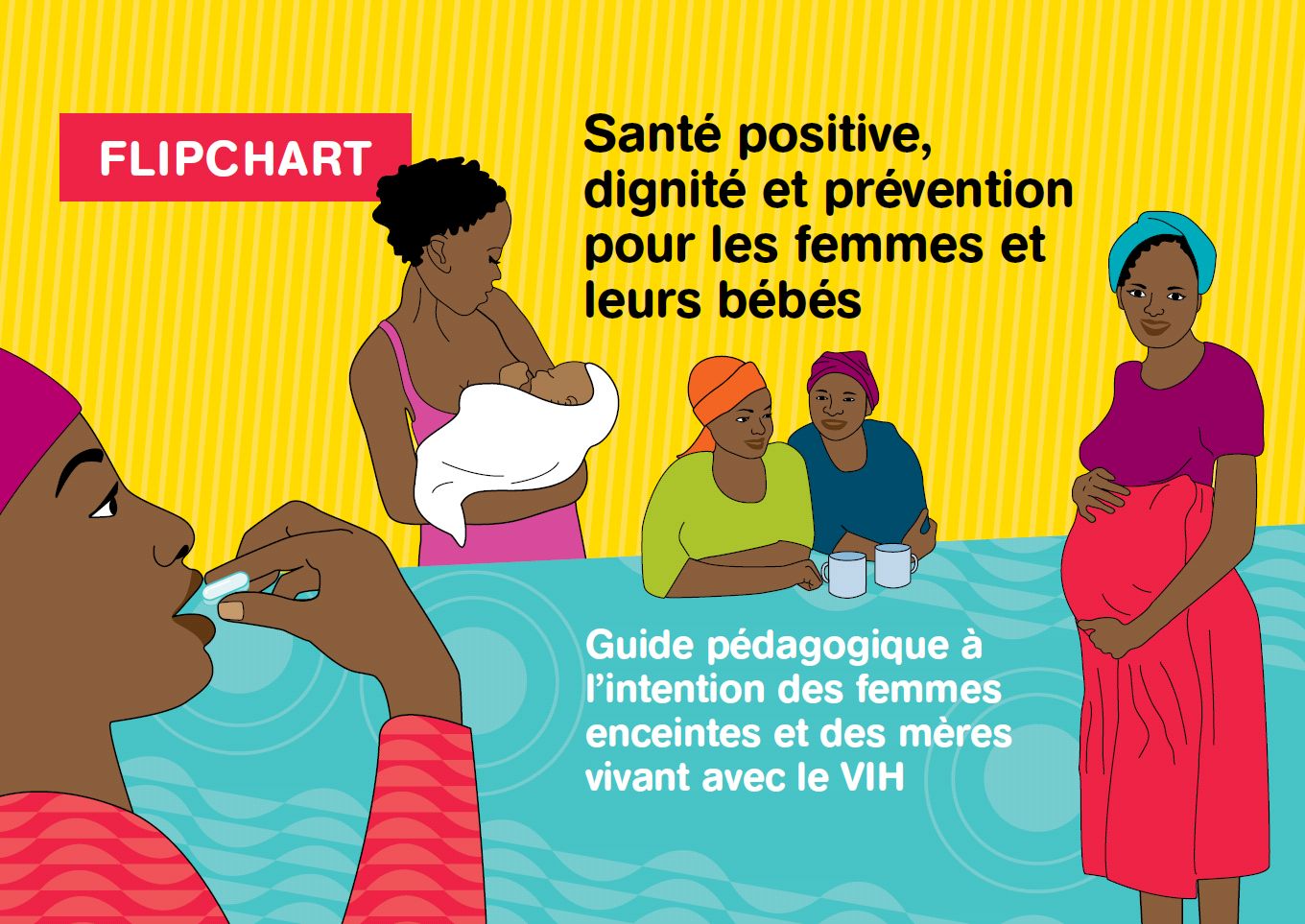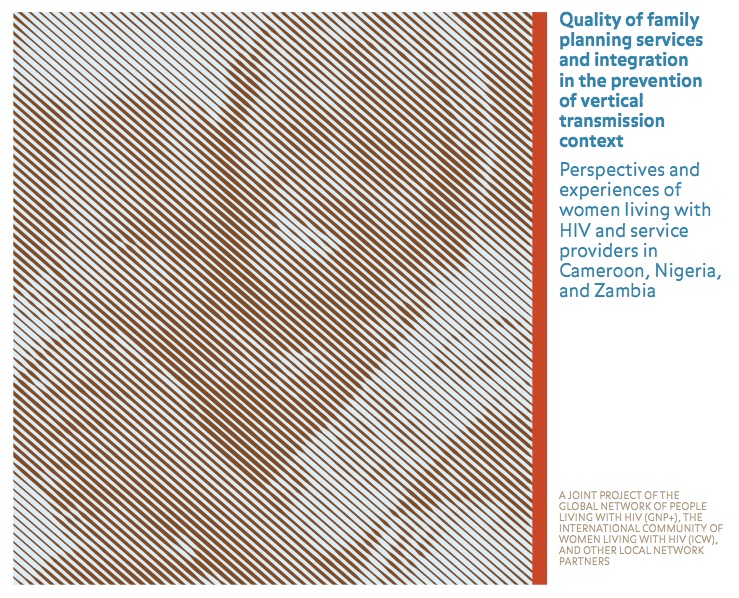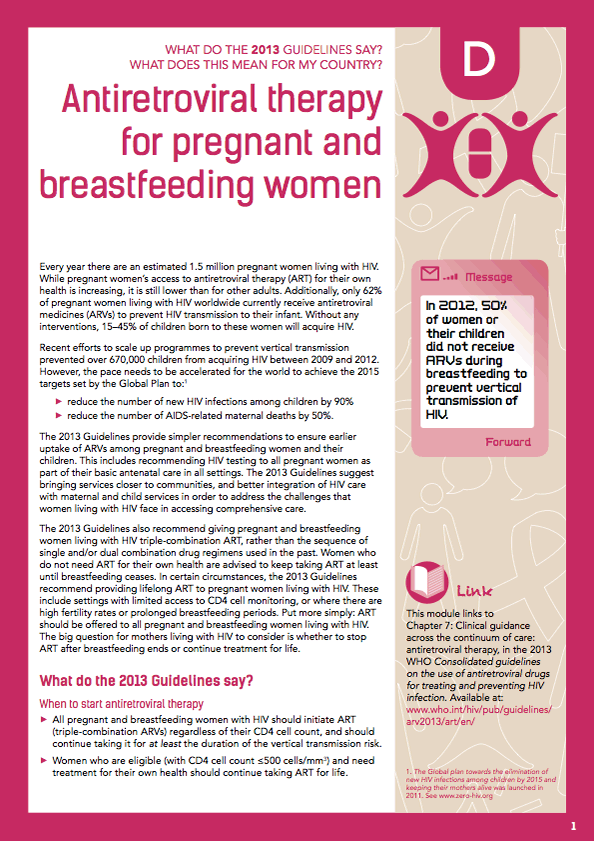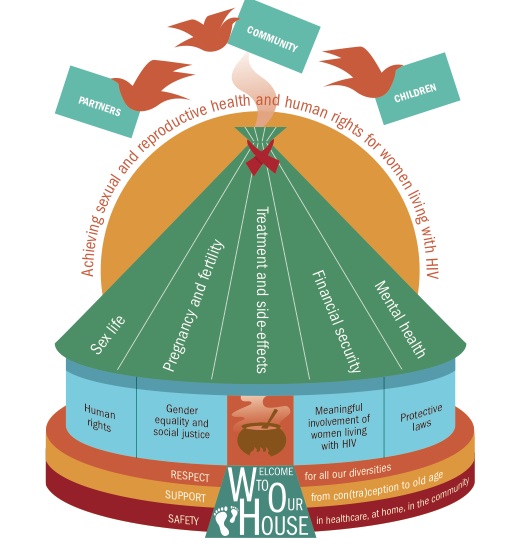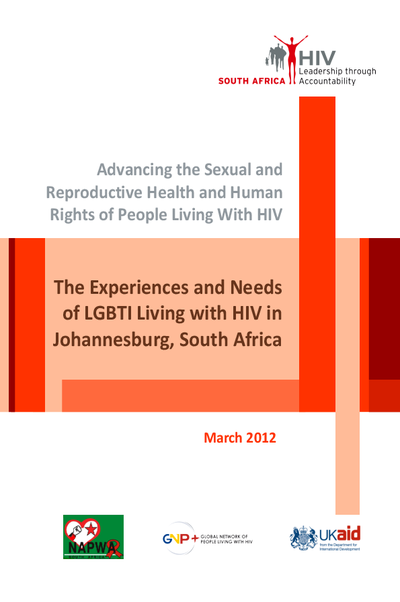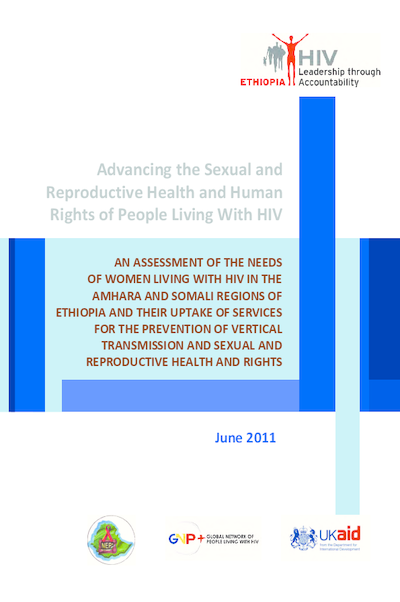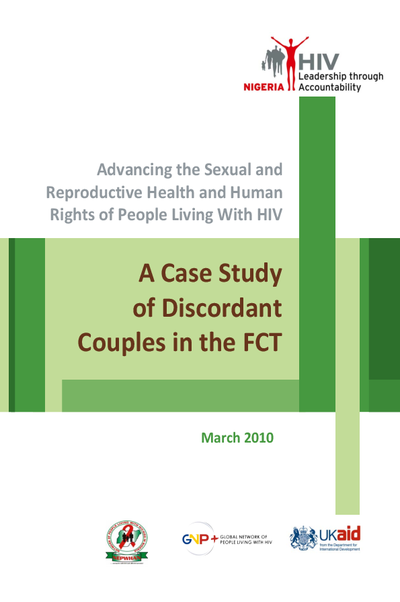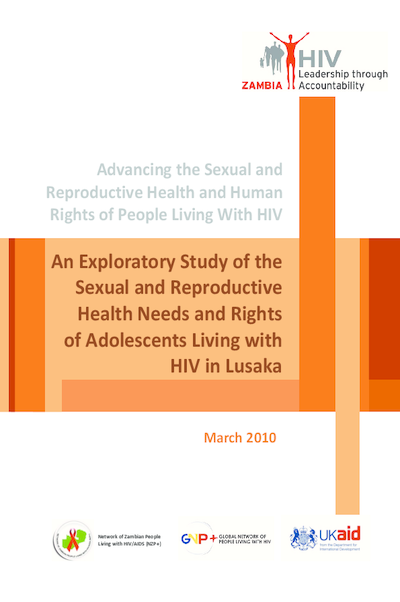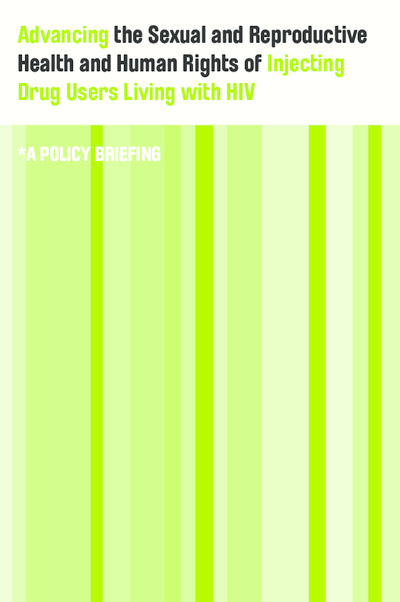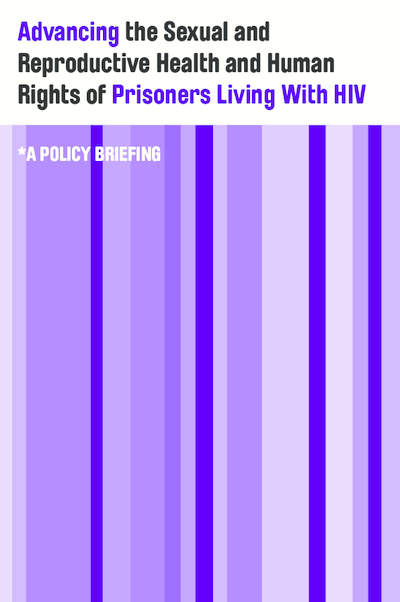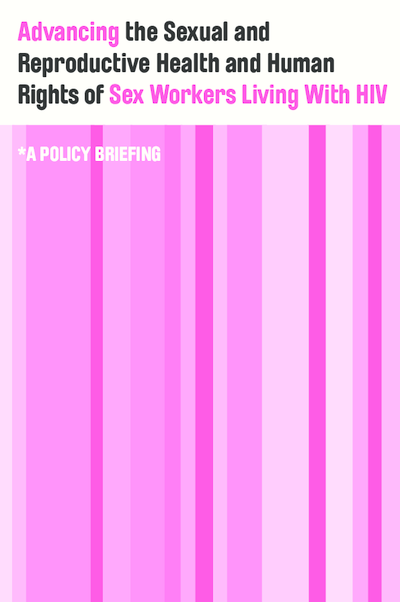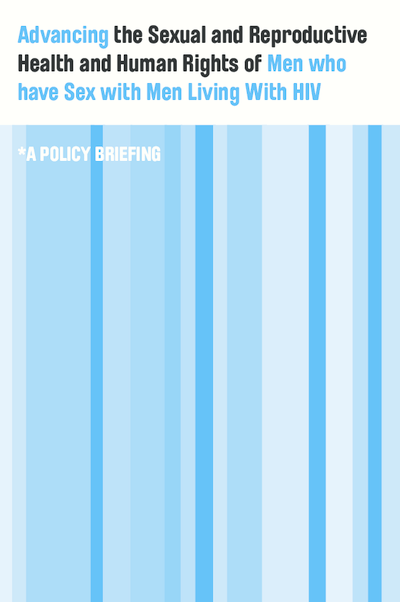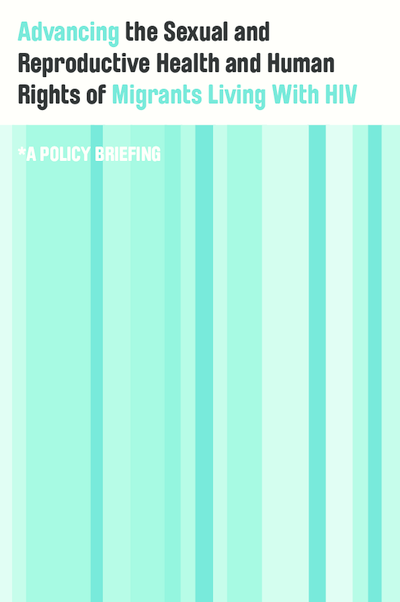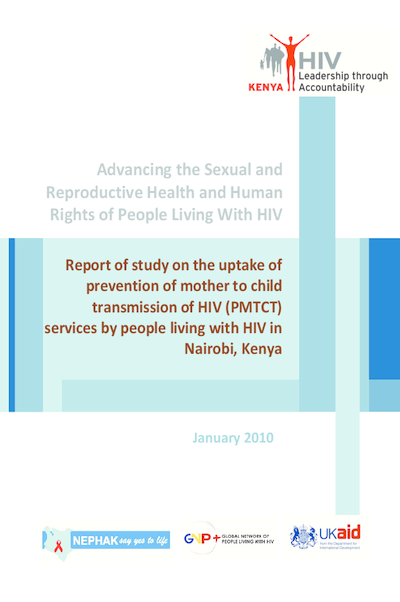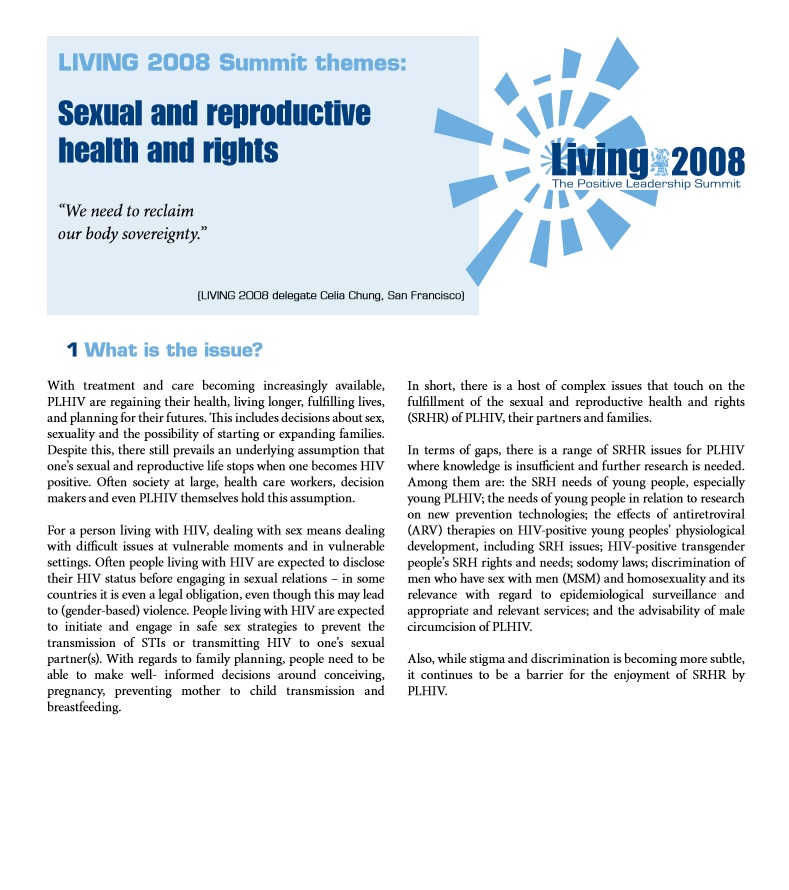A treatment literacy guide for pregnant women and mothers living with HIV
Women living with HIV from eight countries have shared their expertise to shape the content and design of the guide and it was formulated in direct response to a call from communities for up-to-date, evidence-based resources.
Positive Health, Dignity and Prevention for Women and their Babies: A treatment literacy guide for pregnant women and mothers living with HIV is intended for use by networks of women living with HIV, women’s groups, peer educators and others wishing to provide information and guidance to support women living with HIV through the decisions they will need to make before, during and after their pregnancy.
The guide has 12 modules covering issues ranging from human rights to treatment adherence and nutrition. It is made up of three separate tools:
- facilitator’s manual
- illustrated flipchart
- accessible poster
The facilitator’s manual and flipchart are intended to be used together by leaders of support groups, peer educators or lay counselors to facilitate small groups or community sessions with women living with HIV. The poster can be displayed anywhere where it will be seen by women living with HIV and their families, such as: clinic rooms, church halls, waiting rooms and community education spaces.
This guide was developed by members of the Community Engagement Working Group (CEWG) of the Inter-Agency Task Team (IATT) for Prevention and Treatment of HIV Infection in Pregnant Women, Mother and Children, a group committed to strengthening global, regional and national partnerships and programs that address the survival of pregnant women, mothers and children living with HIV.


